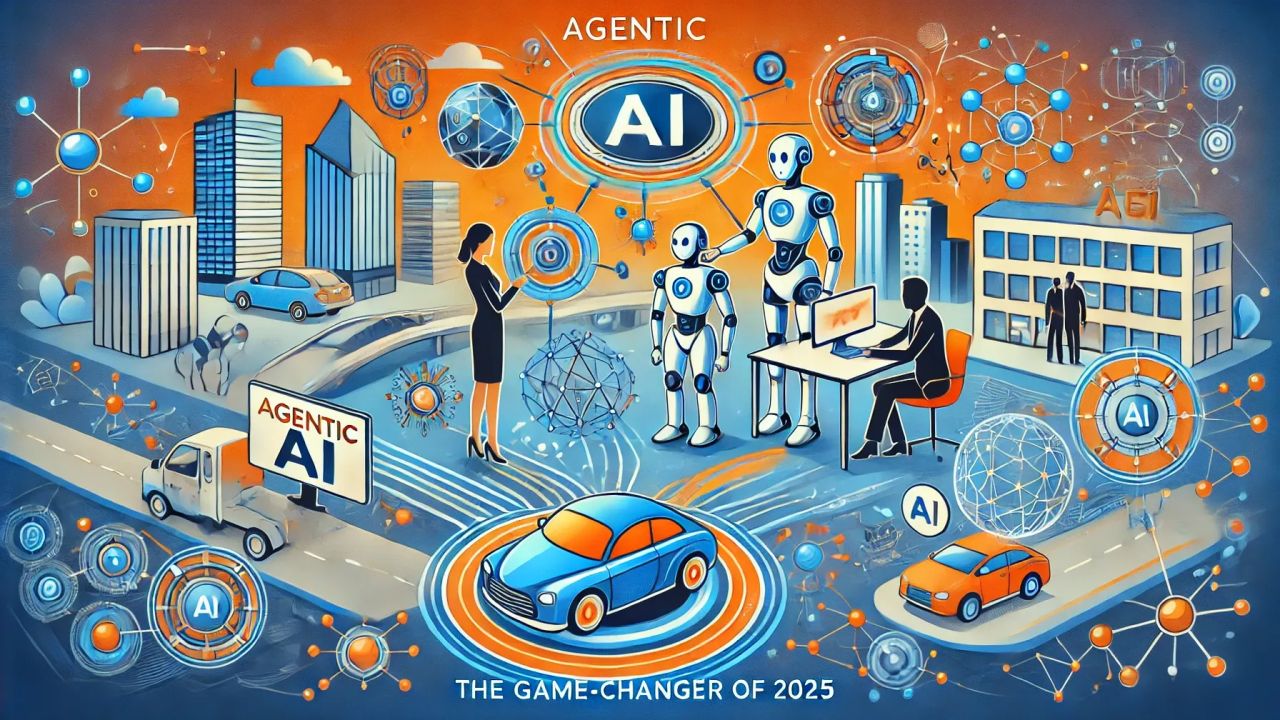What Skills Are Needed to Master AI Copilot Development?
AI Copilot Development is rapidly emerging as one of the most transformative fields in modern technology. As businesses increasingly adopt AI-powered copilots to automate workflows, assist employees, and enhance customer experiences, the demand for skilled developers and engineers in this space is growing fast. But what exactly does it take to master AI Copilot Development?
Whether you’re a beginner looking to enter the field or a tech professional aiming to specialize, here’s a breakdown of the core skills required to excel in AI Copilot Development.
1. Strong Understanding of Artificial Intelligence and Machine Learning
At the heart of every AI copilot is a powerful AI model, typically based on machine learning and deep learning techniques. To develop intelligent copilots, you need to understand:
- Machine learning algorithms (supervised, unsupervised, reinforcement learning)
- Natural language processing (NLP) techniques for understanding and generating human language
- Deep learning frameworks like TensorFlow, PyTorch, or Keras
- Model fine-tuning using transformer architectures such as GPT, BERT, or LLaMA
A solid foundation in these concepts enables you to build, train, and customize AI models that power copilot capabilities.
2. Proficiency in Programming Languages
Programming is essential to AI Copilot Development. Some of the most valuable languages include:
- Python: The dominant language in AI and machine learning development, known for its rich ecosystem of libraries (NumPy, pandas, scikit-learn, spaCy).
- JavaScript or TypeScript: Useful for integrating copilots into web applications and building front-end interactions.
- SQL: For querying databases and managing structured data that copilots often use.
The ability to write clean, efficient code and understand different programming paradigms is key to turning AI models into practical copilot applications.
3. Experience with AI APIs and Platforms
Mastering AI Copilot Development involves working with existing AI platforms and APIs. You’ll need experience using:
- OpenAI APIs (like GPT-4 or GPT-4o)
- Google Vertex AI, Azure OpenAI, or AWS Bedrock
- Hugging Face Transformers and LangChain
- Copilot SDKs and development frameworks
These tools let you integrate pre-trained language models, build prompt flows, and deploy copilots into production environments efficiently.
4. UX and Conversational Design Skills
A great copilot isn’t just smart—it’s also intuitive and user-friendly. To create a useful AI copilot, you must consider:
- Conversational UX design for natural interactions
- Prompt engineering to optimize how the model interprets and responds to user input
- Human-computer interaction (HCI) principles to guide flow and usability
- Error handling and fallback logic for graceful handling of edge cases
Being able to design smooth and meaningful conversations enhances the user experience significantly.
5. Data Engineering and Integration Skills
AI copilots need data to function. As a developer, you must know how to:
- Connect copilots to internal systems and data sources
- Use APIs and webhooks to fetch external data
- Transform and clean data for model consumption
- Ensure data privacy, governance, and compliance
Strong integration skills allow your copilots to work with real-time business data, personalize responses, and complete actions within different platforms.
6. Security and Ethical AI Knowledge
As AI becomes more powerful, so do the risks. A responsible AI Copilot Developer must understand:
- AI bias and fairness
- Data privacy laws (e.g., GDPR, CCPA)
- Security best practices to prevent data leaks and unauthorized access
- Transparent model behavior and explainability
These considerations are crucial for building trust and deploying copilots that align with ethical standards and legal requirements.
7. Problem-Solving and Critical Thinking
Finally, success in AI Copilot Development depends on your ability to:
- Break down complex problems into AI-solvable components
- Think creatively about automation opportunities
- Iterate quickly and troubleshoot model behavior
- Collaborate with cross-functional teams, including product managers, designers, and users
Your mindset, adaptability, and curiosity will define how effectively you can build intelligent copilots that deliver real-world value.
Conclusion: The Path to Becoming an AI Copilot Expert
AI Copilot Development is a multi-disciplinary field that blends AI expertise, programming, user experience, and data integration. Mastering it means developing a diverse skill set—and staying updated as the technology evolves.
If you’re just starting, focus on learning Python, understanding basic ML concepts, and experimenting with platforms like OpenAI or Hugging Face. As you grow, dive deeper into system design, ethical AI, and enterprise deployment.
The future of work is intelligent, and AI copilots will be at its core. By building the right skills today, you’ll be ready to lead the next wave of AI innovation tomorrow.

